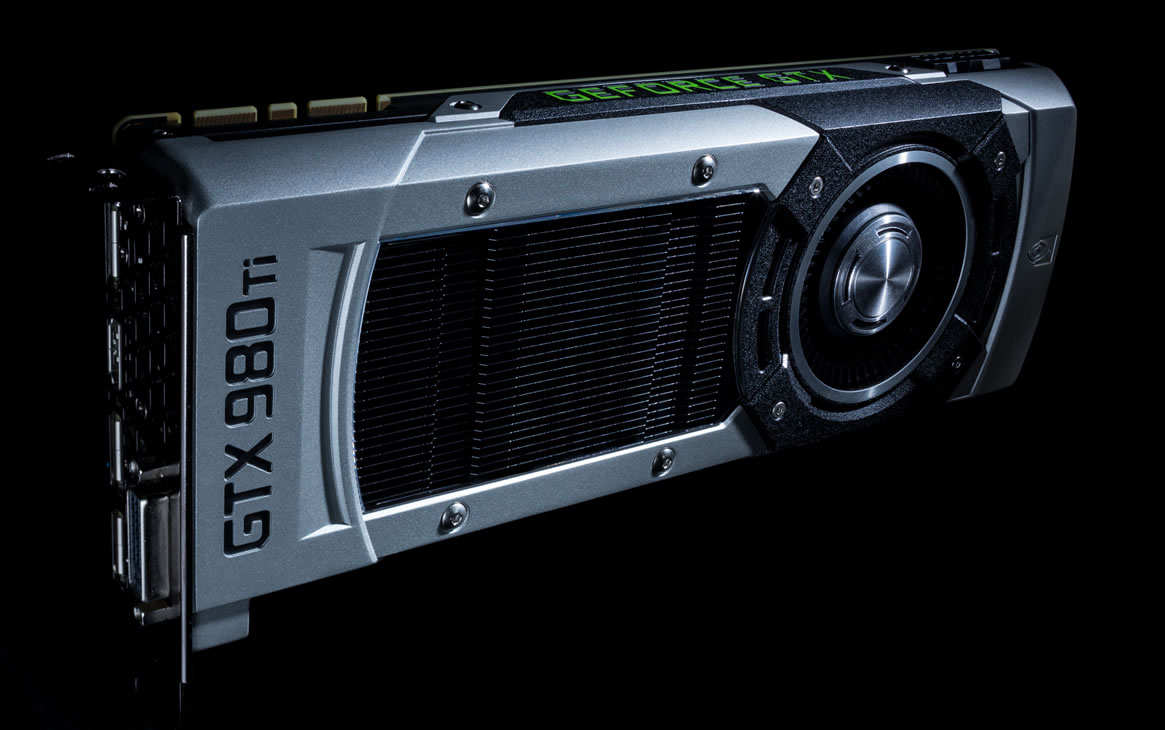
Nvidia has released their financial results for the second quarter of their 2016 fiscal year, reporting revenue of $1.153 billion and GAAP net income of $26 million, resulting in diluted earnings per share of $0.05.
Revenue for the company increased five percent year on year, but on a GAAP-basis the company saw net income decline by 80 percent. This is mostly due to Nvidia's write-down of their Icera modem division after the company failed to find a suitable buyer for it, which caused a charge of $0.19 per diluted share.
The recall of Shield Tablets due to overheating issues late last month also took a toll on Nvidia's earnings to the tune of $0.02 per diluted share, as did $24 million of expenses relating to Samsung and Qualcomm lawsuits.
In good news, the company's non-GAAP results, which exclude the write-down of Icera and the recall of Shield Tablets, show a 10% year-on-year increase in net income to $190 million. This is thanks to strong growth in Nvidia's GeForce graphics card division, particularly in the high-end where the GTX 980 and 980 Ti are selling well.
As for other GPUs, Nvidia's Quadro and Tesla divisions both declined, with the company placing the blame on a declining PC market overall. Tegra revenue was also down 19% year-on-year, although that is mainly due to a loss of sales in the smartphone and tablet markets; losses were offset by growth in the embedded car systems market.
Luckily for Nvidia, the company makes most of their money from consumer graphics cards, so modest declines in the SoC and professional GPU space can easily be offset by strong growth in the GeForce division.
Nvidia is expecting slightly higher revenue for the next quarter at around $1.18 billion.
https://www.techspot.com/news/61677-nvidia-beats-q2-financial-expectations-due-strong-gpu.html